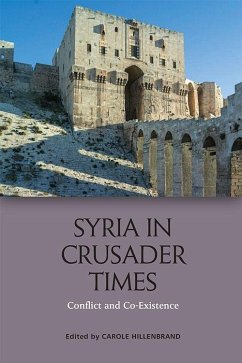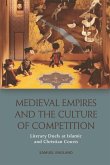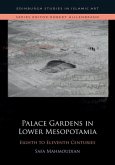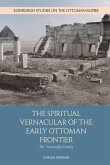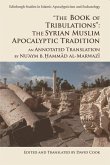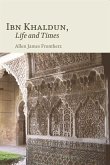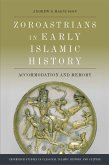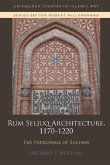Explores the juxtaposition of conflict and co-existence in twelfth-century Syria Presenting numerous interconnected insights into life in Greater Syria in the twelfth century, this book covers a wide range of themes relating to Crusader-Muslim relations. Some chapters deal with various literary sources, including little-known Crusader chronicles, a jihad treatise, a lost Muslim history of the Franks, biographies, letters and poems. Other chapters look at material culture, from coins to urban development, internal relations between Sunni and Shi'ite Muslims and between Crusader and Oriental Christians, and the role of the Turkmen. New insights into the career of Saladin are revealed, for example through the work of a little-known propagandist at his court, and Saladin's use of gift-giving for political purposes, as well as neglected aspects of the rule of his family dynasty, the Ayyubids, which succeeded him. Special attention is paid to the Christians residing in the Middle East, from Italians to Melkites and Armenians. Key Features Analyses valuable little-known primary sources in Arabic, Armenian, Syriac, Latin and Old French about a key period in Middle Eastern history Highlights the role of Oriental Christian communities in Syria Sheds new light on Saladin's career Contributes significantly to the ever-expanding field of Crusader studies Carole Hillenbrand is Professor Emerita of Islamic History at the University of Edinburgh and Professor of Islamic History at the University of St Andrews. She is the author of Islam: A New Historical Introduction (2015), Turkish Myth and Muslim Symbol: The Battle of Manzikert (2007), The Crusades: Islamic Perspectives (1999), A Muslim Principality in Crusader Times (1990) and The Waning of the Umayyad Caliphate (1989).
Hinweis: Dieser Artikel kann nur an eine deutsche Lieferadresse ausgeliefert werden.
Hinweis: Dieser Artikel kann nur an eine deutsche Lieferadresse ausgeliefert werden.

